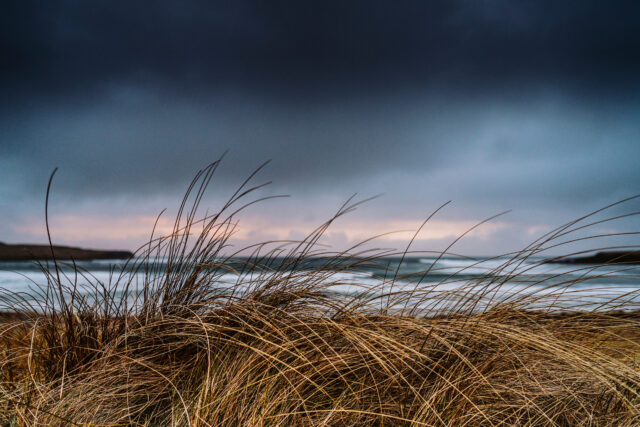
Adapting to a changing climate
The changing climate is affecting all forms of farming and salmon farming is no exception.
Out on the farm this includes protecting the fish in our care and the local marine life they co-exist with; minimising our impact on the seabed and wider marine environment; and taking every precaution to avoid marine debris. Across the wider business, it also includes work to reduce our footprint overall: from raw materials, packaging and transport to the energy we use to power our farming activities.

The changing climate is affecting all forms of farming and salmon farming is no exception.
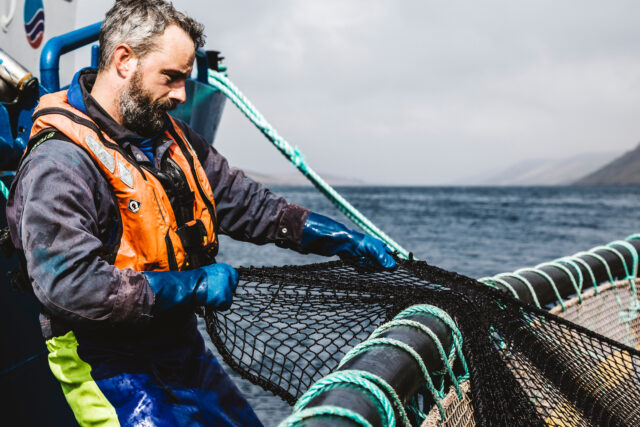
We have both an ethical and a legal responsibility to keep the salmon in our care safe.
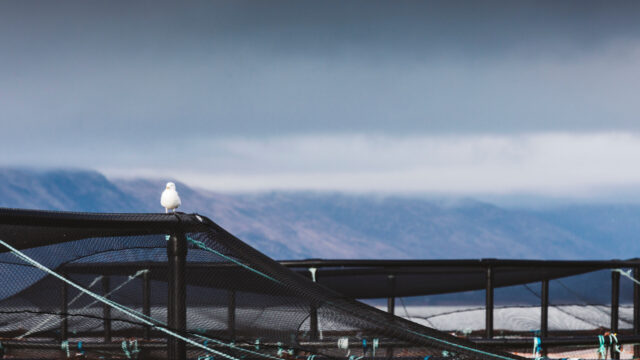
Our farmers have the privilege of working alongside an array of wild and wonderful marine life.
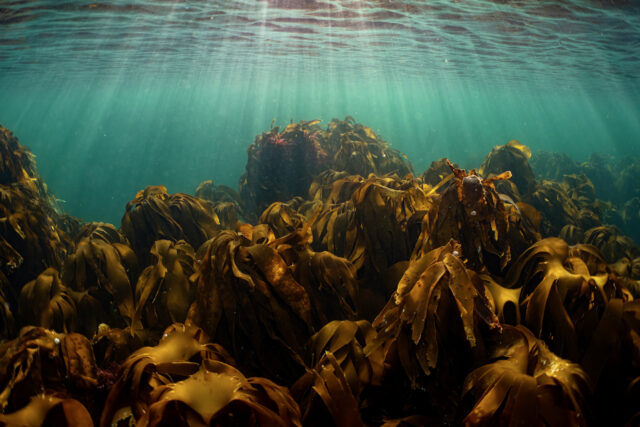
Like most food producers, we're working hard to minimise any impact from our farming activities on the seabed and surrounding marine environment.
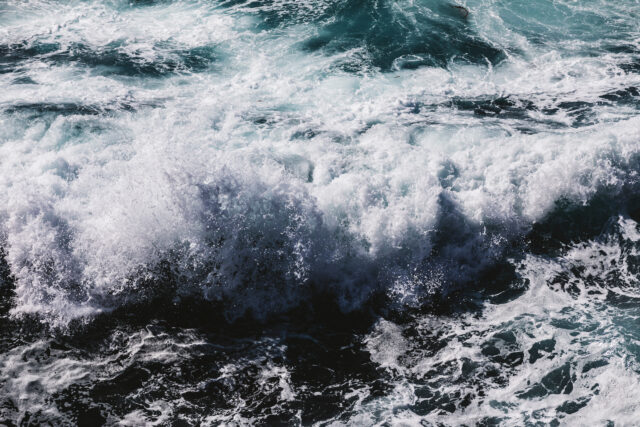
The potential for marine debris is very real so we take every precaution to prevent it from happening.
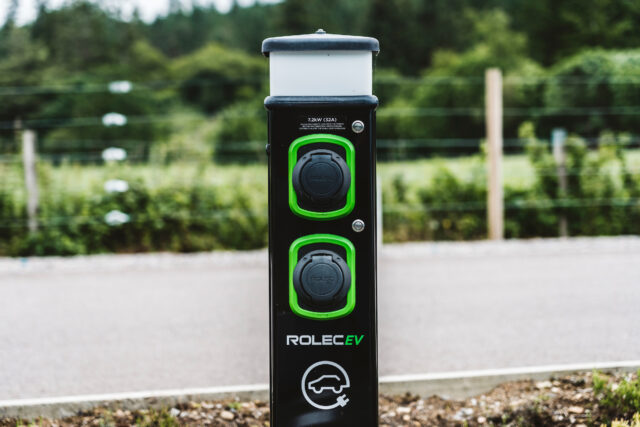
When it comes to carbon footprint, it's thought that salmon has one of the lowest of the livestock farming sectors.
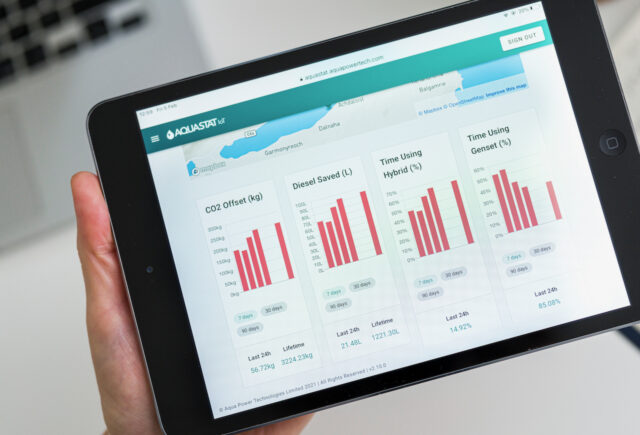
Our sustainability indicators are just some of the key ways in which we measure how we are performing.